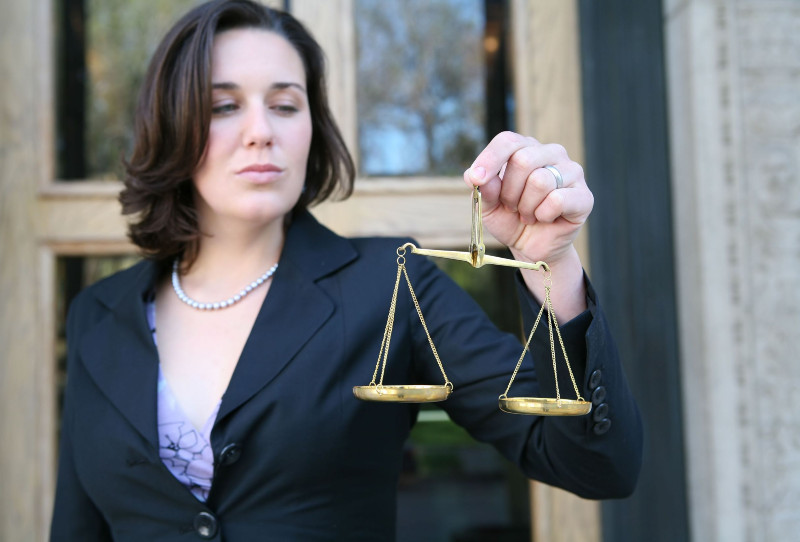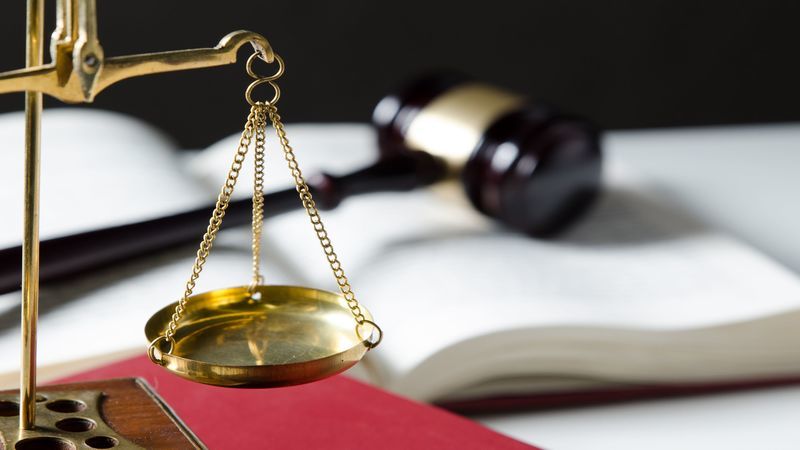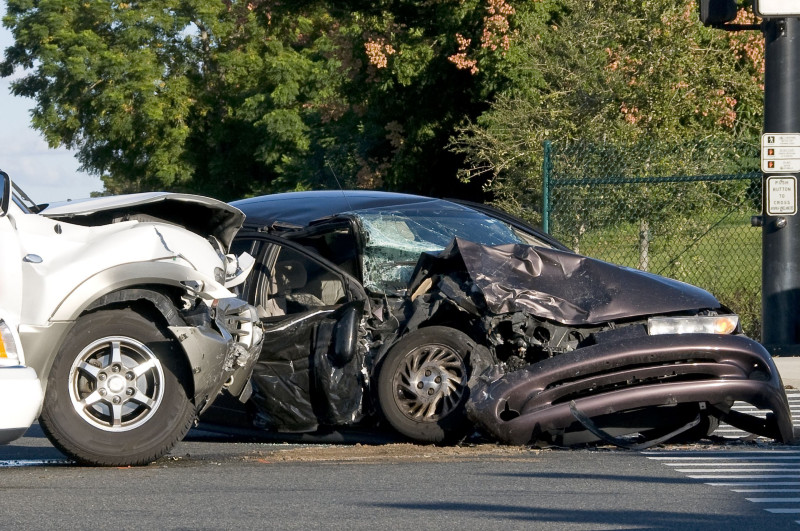Getting arrested is never a pleasant experience. Depending upon the circumstances, a person can be embarrassed in front of their co-workers as they are lead away in handcuffs or they can be forced to surrender at gunpoint while people watch on television. Circumstances such as these can cloud a person’s judgment and they may say things that later make it hard for their defense team. Before they say anything, they should find a lawyer that practices Criminal Law in Sturgis, SD. The police often say that talking to them will make their life easier. This is not the case.
A defendant should not say anything until they have spoken to their attorney. The lawyer will make sure that the police followed the proper procedure in arresting the defendant and gathering evidence. They will then check to make sure that the police gathered all of the evidence, including that which might show their client is innocent. Sometimes police decide that a suspect is guilty and stop investigating a crime. That means that they don’t uncover the evidence that shows that someone else might have also committed the crime.
Lawyers who practice criminal law in Sturgis SD also work with private investigators and forensic experts. They know that the evidence can often be evaluated several different ways. Jurors have to be educated that often the technicians who evaluate this evidence make educated guesses. Even fingerprint experts can make a mistake. Recently a man who lives in the Pacific Northwest was accused of being a terrorist, after several top fingerprint experts analyzed a partial fingerprint. Once it was proven that the man could not have done the crime, the fingerprint experts had to develop new standards.
Eyewitness testimony can very compelling. However, it can also be the most unreliable evidence. Lawyers from Gunderson, Palmer, Nelson & Ashmore, LLP review all witness statements given to the police. If the testimony changes over time, they will question it in court. Compromising an eyewitness is often a key strategy to creating reasonable doubt in the mind of the jury. It’s not uncommon for witnesses to want to subconsciously please the police, so they embellish what they saw to agree with the police theory. Defense attorneys know how to deal with this.


